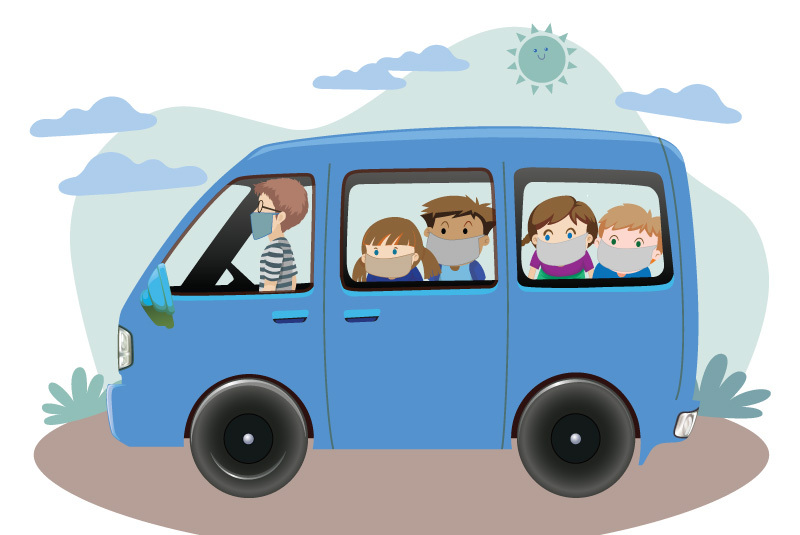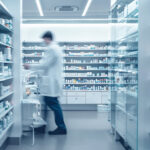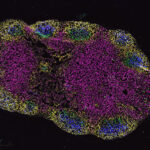Carpooling during COVID-19: Is it safe?

There are many advantages to carpooling. It’s convenient, it saves on gas and parents’ time, and when you’re carting around kids, it gives them company for the ride. But during the coronavirus pandemic, carpooling may also carry a big risk.
Carpooling is a risk
“You’re in a very enclosed space, so you’re taking on a risk, especially if you can’t open the windows because of the weather,” says Dr. Rick Malley, an infectious disease specialist at Boston Children’s Hospital. “I think carpooling is safest if the members of your carpool are also part of your social bubble. If they are not, and particularly if the number of children in the pool is large, you are taking on a bigger risk. And with the number of COVID-19 cases increasing, this is not the best time to expand your exposure by driving other people in your car.”
Ways to reduce your risk
Dr. Malley says if you do need to carpool, here are some ways to reduce your risk:
- Make sure everyone in the car is wearing a mask at all times.
- Don’t remove masks to eat or drink.
- Weather permitting, keep at least two windows open whenever possible so air can circulate.
- Carpool with the same group consistently.
- Try not to pack the car full with people — the fewer the better.
Although taking these steps won’t reduce your risk completely, they can help.
Read more about Boston Children’s response to COVID-19.
Related Posts :
-

Model enables study of age-specific responses to COVID mRNA vaccines in a dish
mRNA vaccines clearly saved lives during the COVID-19 pandemic, but several studies suggest that older people had a somewhat reduced ...
-

New insight into the effects of PPIs in children
Proton-pump inhibitors (PPIs) are frequently prescribed to suppress stomach acid in patients with gastroesophageal reflux disease (GERD). Prescribing rates of ...
-

Creating the next generation of mRNA vaccines
During the COVID-19 pandemic, mRNA vaccines came to the rescue, developed in record time and saving lives worldwide. Researchers in ...
-

Reversing the trend: Easing the mental health boarding crisis in emergency rooms
Anxiety, depression, and suicide attempts have been rising over the past decade, especially among teens, often landing them in emergency ...





